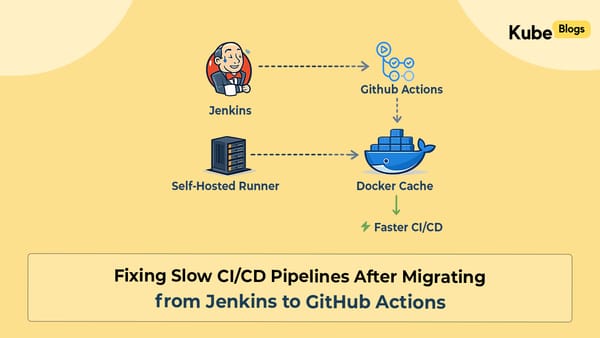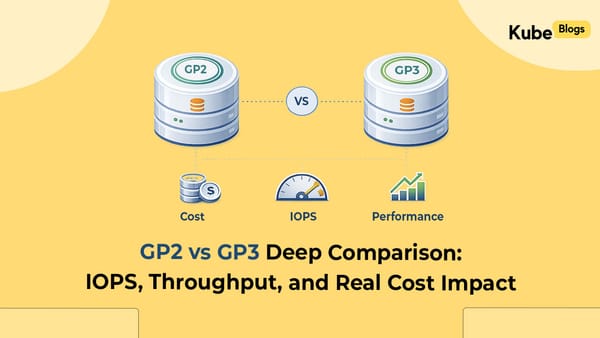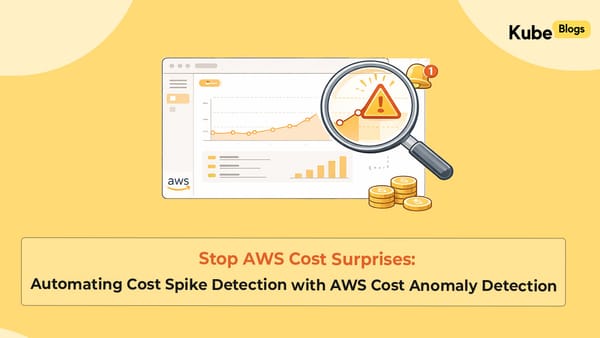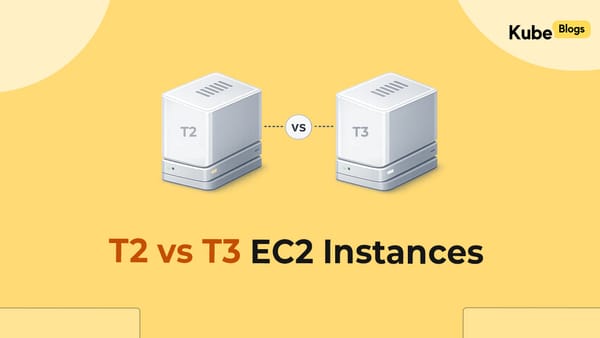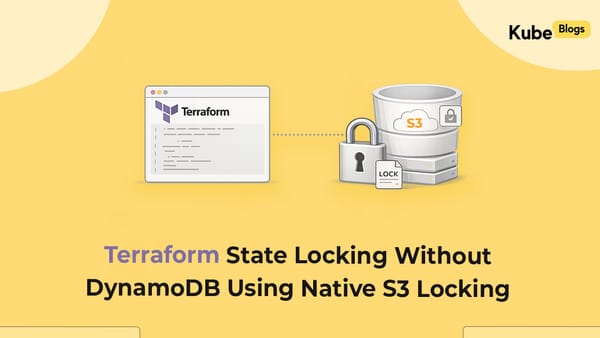Table of Contents
Table of Contents
Introduction
Most deployment workflows need SSH access to production VMs. This creates security risks and adds operational complexity. You need to manage SSH keys across environments and expose your infrastructure to potential attacks.
Modern DevOps needs secure, automated deployment pipelines that work without direct server access. A lightweight deployment controller gives you zero-touch deployments while keeping security and efficiency.
This guide shows how to build a secure deployment system using a Flask controller that manages Docker Compose restarts through a REST API. The solution works with your existing CI/CD pipeline while keeping your production environment secure.
Step-by-Step Implementation
Architecture Overview
The solution consists of three main components:
- Deployment Controller: A lightweight Flask application that exposes REST endpoints
- Docker Compose: Manages your application containers
- CI/CD Pipeline: Triggers deployments through HTTP requests
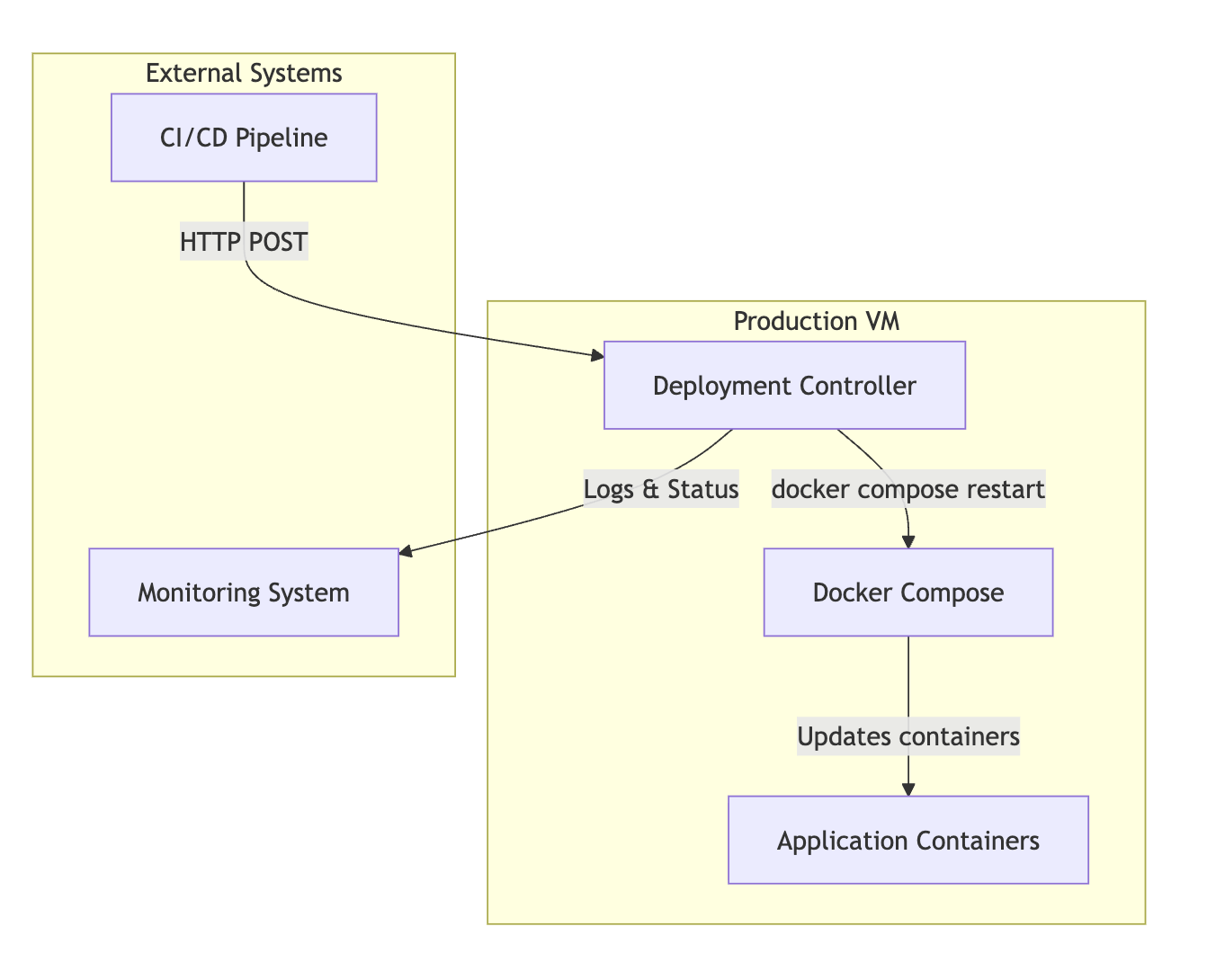
1. Create the Deployment Controller
Create a new directory for your deployment controller:
mkdir deployment-controller
cd deployment-controllerCreate the Flask application (app.py):
from flask import Flask, request, jsonify
import subprocess
import logging
import os
from datetime import datetime
app = Flask(__name__)
# Configure logging
logging.basicConfig(
level=logging.INFO,
format='%(asctime)s - %(levelname)s - %(message)s',
handlers=[
logging.FileHandler('deployment.log'),
logging.StreamHandler()
]
)
# Configuration
DOCKER_COMPOSE_FILE = os.getenv('DOCKER_COMPOSE_FILE', 'docker-compose.yml')
DEPLOYMENT_TOKEN = os.getenv('DEPLOYMENT_TOKEN', 'your-secure-token-here')
ALLOWED_IPS = os.getenv('ALLOWED_IPS', '').split(',') if os.getenv('ALLOWED_IPS') else []
def validate_request():
"""Validate the incoming request"""
# Check token
token = request.headers.get('Authorization', '').replace('Bearer ', '')
if token != DEPLOYMENT_TOKEN:
return False, "Invalid token"
# Check IP whitelist (optional)
if ALLOWED_IPS and request.remote_addr not in ALLOWED_IPS:
return False, "IP not allowed"
return True, "Valid request"
def run_docker_compose_command(command):
"""Execute docker compose command safely"""
try:
result = subprocess.run(
['docker', 'compose', '-f', DOCKER_COMPOSE_FILE] + command.split(),
capture_output=True,
text=True,
check=True,
cwd=os.path.dirname(os.path.abspath(DOCKER_COMPOSE_FILE))
)
return True, result.stdout
except subprocess.CalledProcessError as e:
return False, e.stderr
@app.route('/health', methods=['GET'])
def health_check():
"""Health check endpoint"""
return jsonify({
'status': 'healthy',
'timestamp': datetime.utcnow().isoformat(),
'service': 'deployment-controller'
})
@app.route('/deploy', methods=['POST'])
def deploy():
"""Deploy new images by restarting containers"""
# Validate request
is_valid, message = validate_request()
if not is_valid:
logging.warning(f"Invalid deployment request: {message}")
return jsonify({'error': message}), 401
# Get deployment details
data = request.get_json() or {}
service_name = data.get('service', '')
image_tag = data.get('image_tag', 'latest')
logging.info(f"Starting deployment for service: {service_name}, image: {image_tag}")
# Note: If using imagePullPolicy: Always, skip the pull step
# Docker will automatically pull latest images during restart
# Uncomment the following lines only if you need explicit pull control:
# success, output = run_docker_compose_command('pull')
# if not success:
# logging.error(f"Failed to pull images: {output}")
# return jsonify({'error': 'Failed to pull images', 'details': output}), 500
# Restart specific service or all services
if service_name:
restart_command = f'restart {service_name}'
else:
restart_command = 'restart'
success, output = run_docker_compose_command(restart_command)
if not success:
logging.error(f"Failed to restart containers: {output}")
return jsonify({'error': 'Failed to restart containers', 'details': output}), 500
logging.info(f"Deployment completed successfully for service: {service_name}")
return jsonify({
'status': 'success',
'message': 'Deployment completed',
'service': service_name,
'image_tag': image_tag,
'timestamp': datetime.utcnow().isoformat(),
'output': output
})
@app.route('/status', methods=['GET'])
def status():
"""Get current deployment status"""
is_valid, message = validate_request()
if not is_valid:
return jsonify({'error': message}), 401
success, output = run_docker_compose_command('ps')
if not success:
return jsonify({'error': 'Failed to get status', 'details': output}), 500
return jsonify({
'status': 'success',
'containers': output,
'timestamp': datetime.utcnow().isoformat()
})
if __name__ == '__main__':
app.run(host='0.0.0.0', port=5000, debug=False)2. Create Requirements and Configuration
Create requirements.txt:
Flask==2.3.3
gunicorn==21.2.0Create Dockerfile for the controller:
FROM python:3.11-slim
WORKDIR /app
COPY requirements.txt .
RUN pip install --no-cache-dir -r requirements.txt
COPY app.py .
EXPOSE 5000
CMD ["gunicorn", "--bind", "0.0.0.0:5000", "app:app"]Create docker-compose.yml for the controller:
version: '3.8'
services:
deployment-controller:
build: .
ports:
- "5000:5000"
environment:
- DOCKER_COMPOSE_FILE=/app/docker-compose.yml
- DEPLOYMENT_TOKEN=${DEPLOYMENT_TOKEN}
- ALLOWED_IPS=${ALLOWED_IPS}
volumes:
- /var/run/docker.sock:/var/run/docker.sock
- ./docker-compose.yml:/app/docker-compose.yml
restart: unless-stopped
networks:
- deployment-network
networks:
deployment-network:
driver: bridge3. Set Up Environment Variables
Create .env file:
# Deployment Controller Configuration
DEPLOYMENT_TOKEN=your-super-secure-token-here-change-this
ALLOWED_IPS=192.168.1.100,10.0.0.50 # Optional: restrict to specific IPs
# Your Application Configuration
DOCKER_COMPOSE_FILE=docker-compose.yml4. Deploy the Controller
# Start the deployment controller
docker compose up -d
# Check if it's running
curl http://localhost:5000/health5. Update Your Application's Docker Compose
Modify your main application's docker-compose.yml to include the deployment controller:
version: '3.8'
services:
# Your existing services
web:
image: your-registry/your-app:latest
ports:
- "80:80"
environment:
- NODE_ENV=production
restart: unless-stopped
api:
image: your-registry/your-api:latest
ports:
- "3000:3000"
environment:
- DATABASE_URL=postgresql://...
restart: unless-stopped
# Deployment Controller
deployment-controller:
build: ./deployment-controller
ports:
- "5000:5000"
environment:
- DOCKER_COMPOSE_FILE=/app/docker-compose.yml
- DEPLOYMENT_TOKEN=${DEPLOYMENT_TOKEN}
volumes:
- /var/run/docker.sock:/var/run/docker.sock
- .:/app
restart: unless-stopped6. Image Pull Strategy
The deployment approach depends on your image pull policy:
Option A: Using imagePullPolicy: Always (Recommended)
# In your docker-compose.yml
services:
web:
image: your-registry/your-app:latest
imagePullPolicy: always # Docker automatically pulls latest images
restart: unless-stoppedWith this setup, Docker automatically pulls the latest image when restarting containers. No explicit docker compose pull needed.
Option B: Explicit Pull Control
# In your docker-compose.yml
services:
web:
image: your-registry/your-app:latest
imagePullPolicy: if-not-present # Only pull if image doesn't exist locally
restart: unless-stoppedWith this setup, uncomment the pull lines in the Flask controller to ensure you get the latest images.
7. Configure CI/CD Pipeline
GitHub Actions Example
Create .github/workflows/deploy.yml:
name: Deploy to Production
on:
push:
branches: [main]
workflow_dispatch:
jobs:
deploy:
runs-on: ubuntu-latest
steps:
- name: Deploy to Production
run: |
curl -X POST \
-H "Authorization: Bearer ${{ secrets.DEPLOYMENT_TOKEN }}" \
-H "Content-Type: application/json" \
-d '{"service": "web", "image_tag": "latest"}' \
https://your-production-vm.com:5000/deployGitLab CI Example
Create .gitlab-ci.yml:
deploy:
stage: deploy
script:
- |
curl -X POST \
-H "Authorization: Bearer $DEPLOYMENT_TOKEN" \
-H "Content-Type: application/json" \
-d '{"service": "web", "image_tag": "latest"}' \
https://your-production-vm.com:5000/deploy
only:
- main8. Security Considerations
Network Security
# Use nginx as reverse proxy with SSL
server {
listen 443 ssl;
server_name your-deployment-api.com;
ssl_certificate /path/to/cert.pem;
ssl_certificate_key /path/to/key.pem;
location /deploy {
proxy_pass http://localhost:5000;
proxy_set_header Host $host;
proxy_set_header X-Real-IP $remote_addr;
# Additional security headers
add_header X-Frame-Options DENY;
add_header X-Content-Type-Options nosniff;
}
}Firewall Configuration
# Allow only HTTPS traffic to deployment endpoint
ufw allow 443/tcp
ufw deny 5000/tcp # Block direct access to Flask app9. Monitoring and Logging
Add monitoring to your deployment controller:
# Add to app.py
import requests
def send_notification(message, status):
"""Send deployment notification to monitoring system"""
webhook_url = os.getenv('WEBHOOK_URL')
if webhook_url:
payload = {
'text': f'Deployment {status}: {message}',
'timestamp': datetime.utcnow().isoformat()
}
try:
requests.post(webhook_url, json=payload, timeout=5)
except Exception as e:
logging.error(f"Failed to send notification: {e}")
# Update deploy endpoint
@app.route('/deploy', methods=['POST'])
def deploy():
# ... existing code ...
if success:
send_notification(f"Service {service_name} deployed successfully", "SUCCESS")
else:
send_notification(f"Service {service_name} deployment failed", "FAILED")
# ... rest of the code ...Conclusion
This deployment approach eliminates SSH dependencies while maintaining security and operational efficiency. The Flask-based controller provides a simple, secure interface for your CI/CD pipeline to trigger deployments.
Key benefits of this solution:
- Better Security: No SSH keys or direct server access needed
- Simple Operations: One HTTP endpoint for all deployments
- Complete Logging: Track all deployment activities
- Easy to Scale: Add more deployment strategies when needed
- CI/CD Ready: Works with your existing pipeline
The solution works for single services or complex multi-service setups. You can add features like blue-green deployments, rollback options, and monitoring integration.
For production, add security measures like IP whitelisting, request rate limiting, and monitoring to ensure reliable deployments.


